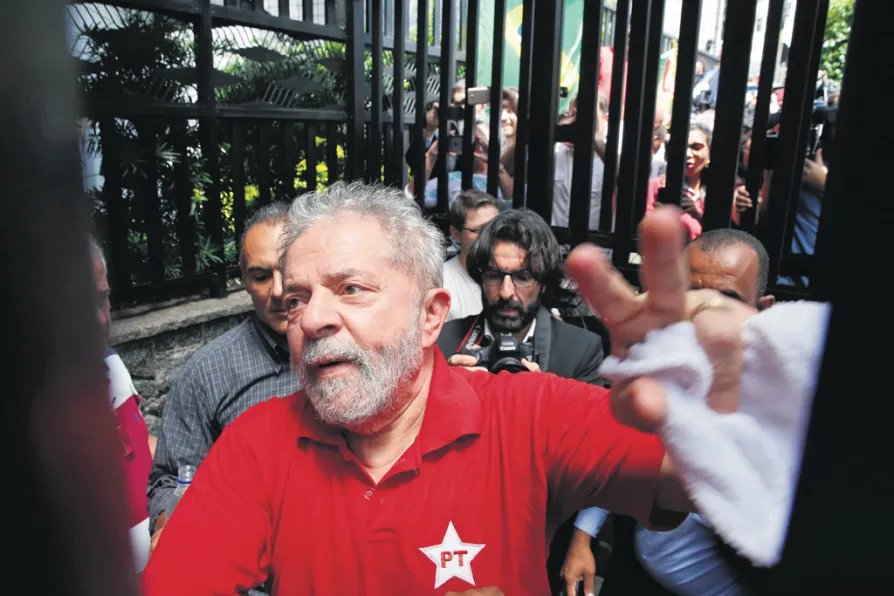From London’s holly-sellers to Engels’s flaming Christmas centrepiece, the plum pudding was more than festive fare in Victorian Britain, says KEITH FLETT
With Lula behind bars, Brazilian democracy is still at stake

 Former president of Brazil Luiz Inacio Lula da Silva
[Ricardo Stuckert / Creative Commons]
Former president of Brazil Luiz Inacio Lula da Silva
[Ricardo Stuckert / Creative Commons]
SINCE a parliamentary coup took place in 2016 against elected president Dilma Rousseff, Brazilian democracy has been under threat.
October’s presidential election offers a way out of the political crisis, but the country’s most popular candidate has been arrested without material evidence against him. Brazilian democracy is still at stake.
Former president Lula da Silva, known as Lula, was arrested in April after being charged with receiving a “bribe” from construction company OAS in the form of an apartment.
Similar stories

Ecuador’s election wasn’t free — and its people will pay the price under President Noboa

The towering figures of the North American right and the South American left are set to clash this summer as Brazil hosts Brics, an alliance Trump is determined to smash, reports TONY BURKE












